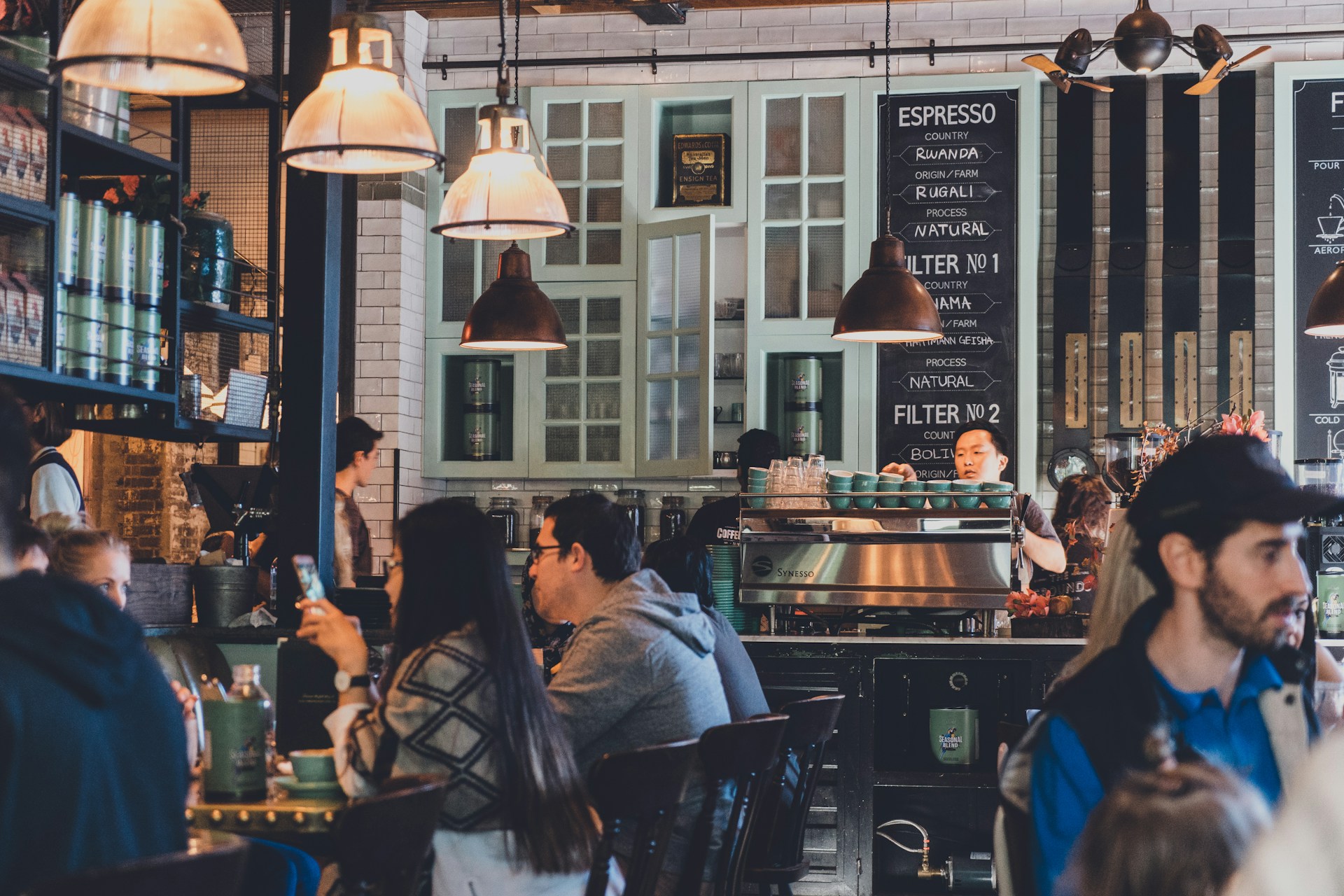What specific fire safety regulations must a UK restaurant comply with?

In the bustling world of the food and restaurant business, fire safety is a pivotal concern that should always be at the forefront of your operations. As business owners, you must familiarize yourselves with the complex web of fire safety regulations in the UK, ensuring your premises are compliant and safe for both staff and customers.
This article provides an in-depth look at these regulations, discussing the necessary equipment, risk assessments, and what to do in the event of an emergency. It offers an insight into the world of fire safety and regulatory compliance, and most importantly, it provides you with a roadmap for navigating this critical aspect of your operations.
Cela peut vous intéresser : Can you form a UK company remotely from Australia, and what is the procedure?
What are the Fire Safety Regulations for UK Businesses?
UK businesses are regulated by the Regulatory Reform (Fire Safety) Order 2005, which mandates the implementation of appropriate fire safety measures. These measures are particularly crucial in restaurants where the risk of fires is elevated due to the nature of the business.
In accordance with this order, you, as the person responsible, must carry out a detailed fire risk assessment. This assessment should identify potential fire hazards and people who may be at risk, and subsequently, determine the necessary safety measures, fire detection, and warning systems.
Cela peut vous intéresser : How to navigate the UK's Standard Industrial Classification (SIC) codes when registering a company?
This legislation also stipulates that fire safety training must be provided to all employees. This education enlightens your staff about the correct use of fire safety equipment, including fire extinguishers, and the necessary steps to take in an emergency.
The Importance of Fire Risk Assessments in Restaurants
A fire risk assessment is a critical step in ensuring your restaurant complies with fire safety regulations. This assessment is a thorough examination of the premises, which allows you to identify potential fire hazards and those who could be at risk in the event of a fire.
The assessment process will involve identifying potential ignition sources, such as cooking equipment, and materials that could fuel a fire. This evaluation must also consider the people at risk, particularly those who may be especially vulnerable, such as customers, employees, and visitors.
In essence, the goal of a fire risk assessment is to lessen the likelihood of a fire occurring and to ensure that if a fire does break out, its impact will be minimized, and people can safely evacuate the premises.
Fire Safety Equipment: The Backbone of Fire Safety
Fire safety equipment is your first line of defense in the event of a fire. Your restaurant should be equipped with a variety of fire-fighting devices, such as fire extinguishers, fire blankets, and hose reels. An automatic fire suppression system, often used in commercial kitchens, can also be beneficial.
All fire-fighting equipment should be regularly maintained and kept in good working condition. Staff should be trained in their use, and clear signage should be provided to indicate the location of this equipment.
You also need to install a robust fire detection and warning system that can alert everyone in the building of a fire as early as possible. This system could include heat detectors, smoke alarms, and manual call points. Regular tests should be conducted to ensure the system is functioning correctly.
Emergency Exit Regulations Necessities
In the unfortunate event of a fire erupting in your restaurant, it's vital that all occupants can quickly and safely leave the premises. Therefore, you must have an emergency exit strategy in place that is compliant with UK fire safety regulations.
Your restaurant should have suitable and sufficient escape routes and exits. These routes should be kept clear at all times and be appropriately lit. The doors should open in the direction of escape and should be easy to open without needing a key.
Moreover, effective emergency lighting and fire exit signs are vital to guide people towards the safest escape route. Regular fire drills should be conducted to ensure all staff are aware of the evacuation procedure.
Fire Safety Training for Restaurant Staff
Lastly, but equally important, is ensuring that your staff are adequately trained in fire safety. Employees should be aware of the potential fire hazards in your restaurant and know the procedures to follow in the event of a fire.
Fire safety training should cover the use of fire-fighting equipment, the activation of the fire alarm, the evacuation process, and the location and use of escape routes. Staff should also be trained to respond to customers during an evacuation, ensuring everyone safely leaves the premises.
Remember, knowledge is power when it comes to fire safety. The more your staff know, the more equipped they will be to prevent fires and to react effectively if a fire does occur.
In conclusion, fire safety in restaurants is a matter of paramount importance. As such, understanding and complying with the relevant regulations are key to ensuring the safety of all occupants. As the person responsible, it is your duty to ensure that these regulations are adhered to, maintaining a safe and secure environment for all.
Fire Safety Documentation and Record Keeping
Beyond the physical measures of fire safety, it's crucial to maintain proper documentation and record-keeping for your restaurant. These records serve as proof of your compliance with the Regulatory Reform (Fire Safety) Order 2005, and are essential in demonstrating that you've carried out numerous safety measures in line with legislation.
As a responsible person, you are required to document the findings of your fire risk assessment. This documentation provides a clear outline of the potential fire hazards identified, the people at risk, and the preventive measures taken. It's recommended that this record should be detailed, clear, and straightforward, so it can be understood by all members of staff and the regulatory authorities.
Moreover, your restaurant must also keep a record of fire safety equipment checks and maintenance. This includes the regular servicing of fire extinguishers, fire alarm tests, and any repairs or replacements made. These records will verify that your fire safety equipment is in good working order.
Staff fire safety training records are another important aspect of your fire safety documentation. These records should include the dates of training sessions, the topics covered, and the names of the attendees. Training records are crucial because they ensure that all staff have received adequate fire safety training, and can be used as proof of compliance with safety legislation.
Lastly, it's good practice to maintain records of fire drills. These documents should detail when the drill was carried out, how long it took, any issues identified, and how these issues were dealt with. Regular fire drills are a key part of ensuring your restaurant is prepared for an emergency, and these records can demonstrate your commitment to fire safety.
Fire Protection Services and Consultations
To ensure that your restaurant is fully compliant with fire safety regulations, you may wish to engage the services of professional fire protection consultants. These experts can help you navigate the complexities of fire safety legislation, and can offer advice tailored to your establishment.
Fire protection services can provide a comprehensive fire risk assessment. Their expertise and experience can be invaluable in identifying potential hazards that you might overlook. They can also advise on the most suitable fire-fighting equipment for your restaurant, and provide training for your staff.
Furthermore, fire protection consultants can assist you in developing an efficient and effective fire safety management plan. They can guide you in creating an emergency exit strategy, installing appropriate emergency lighting, conducting regular fire drills, and maintaining the necessary records.
Engaging with fire protection services is an investment in the safety of your restaurant. It not only helps ensure your compliance with fire safety regulations, but also gives you peace of mind knowing that you are doing everything possible to prevent fires and protect your staff and customers.
Conclusion
Fire safety in UK restaurants is an extensive topic, encompassing everything from risk assessments and fire extinguishers to safety training and documentation. The Regulatory Reform (Fire Safety) Order 2005 is the guiding legislation in this field, outlining the responsibilities of the restaurant owner or the responsible person.
Compliance with fire safety regulations is not merely a legal requirement - it's a moral obligation. It's about protecting the lives of staff, customers, and anyone who visits your restaurant. By understanding and implementing these regulations, you can create a safer environment for everyone.
Remember, fire safety is an ongoing process. It involves regular assessments, maintenance of equipment, and continual training of staff. It's essential that you stay informed of any changes to safety legislation, and continually strive to improve your fire safety standards. Your dedication to fire safety will not only ensure compliance, but also help foster a culture of safety in your restaurant.
